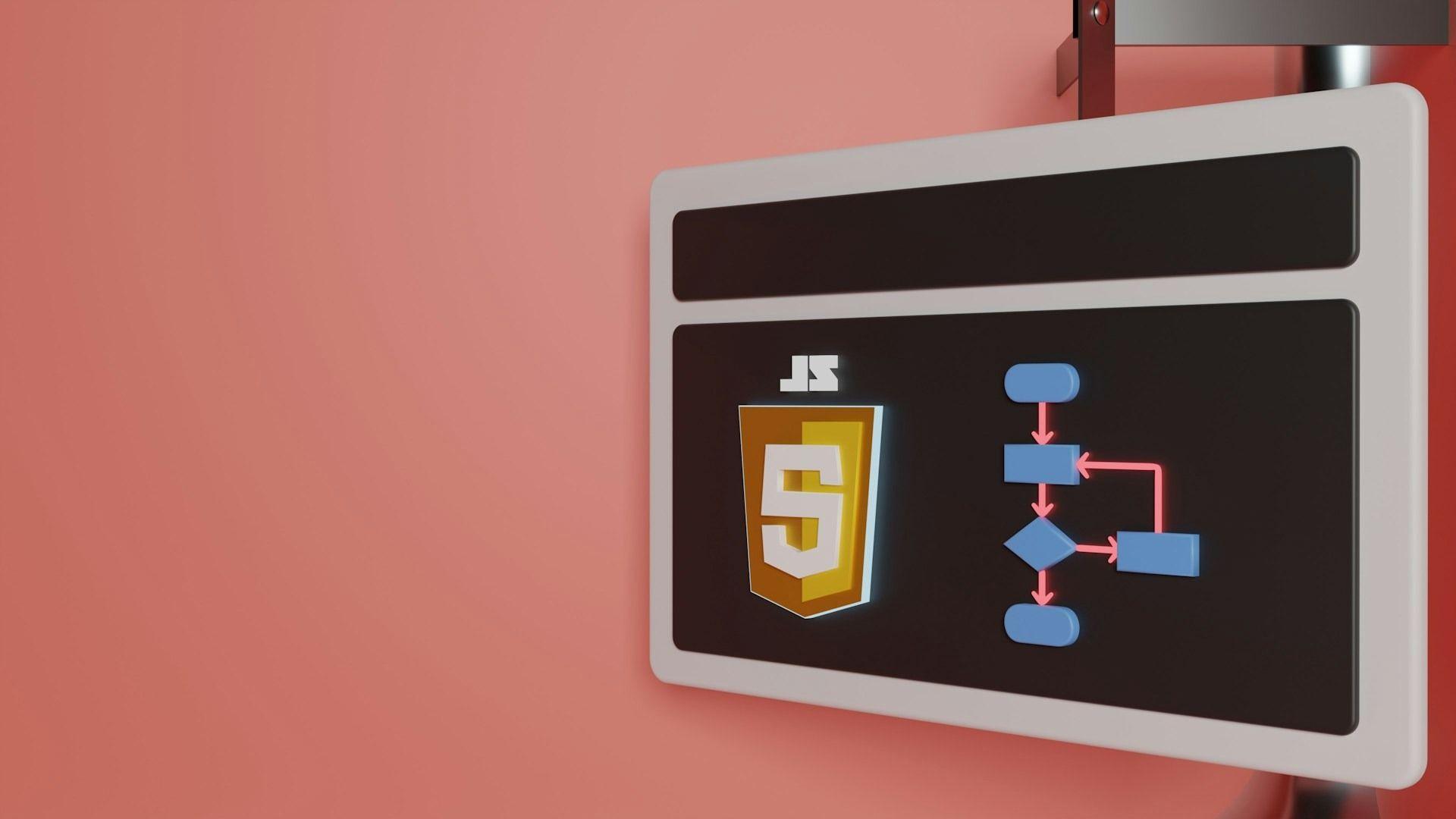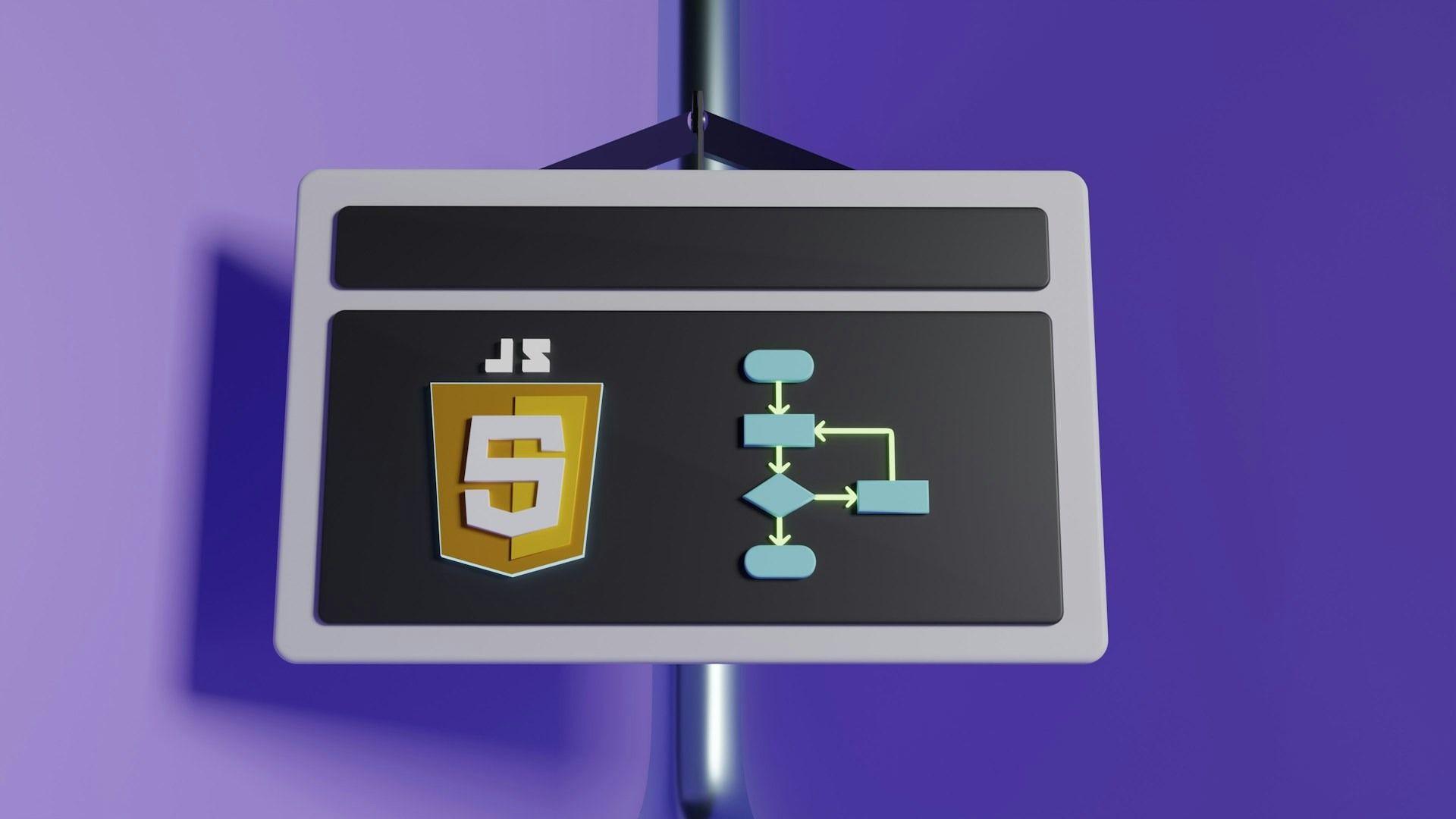Hire remote game developers within 4 days
Confronting challenges directly, our game developers serve as your dedicated problem-solving allies, providing effective and refined solutions.


Join one of these visionary companies for your remote developer needs
Guide 101
All you need to know to hire a game developers
- 01What is Game Development?
- 02What is a Game Developer?
- 03What Do Game Developers Do?
- 04Game Platform in 2024
- 05Engines Powering the Gaming Industry in 2024
- 06Game Development Process to Know Before Hiring!
- 07What Skills to Look For in Game Developers?
- 08Choosing Only the Best Game Developer for Your Project!
What is Game Development?
Game development refers to the process of creating video games, encompassing the design, programming, art, sound, and testing stages required to bring a game from concept to completion.
What is a Game Developer?
A game developer is an individual or a team responsible for the creation and development of video games. They may specialize in various aspects of game development such as programming, art, design, sound, or testing.
What Do Game Developers Do?
Game developers perform a range of tasks depending on their specialization. Programmers write the code that forms the backbone of the game, implementing game mechanics, artificial intelligence, and user interfaces. Artists create visual elements such as characters, environments, and animations.
Designers conceptualize the gameplay mechanics, level layouts, and overall game structure. Sound designers and composers craft the audio elements including music, sound effects, and voiceovers.
Testers play the game to identify and fix bugs and ensure overall quality. Overall, game developers work collaboratively to bring the creative vision of a game to life while ensuring it is enjoyable and functional for players.
Game Platform in 2024
Whether you aim to develop a multi-platform AAA title or a hyper-casual mobile game, game design teams exhibit equal expertise across various project types. Whether it's crafting new IPs, handling ports, remakes, remasters, single-player adventures, MMOs, or ventures into the world of NFTs, teams offer in-depth knowledge and firsthand experience, catering to diverse project needs.
For mobile platforms, including iOS, Android, and cross-platform ventures, developers have accumulated years of experience, having built hundreds of apps over the past two decades. Their commitment to excellence has earned them a reputation for delivering quality work in the mobile space.
In the realm of PC gaming, spanning platforms like Steam, Epic Games Store, GoG, and Origin, developers adhere to best practices of game submission and compliance with every major PC platform, including open betas and early access launch support.
For console gaming, encompassing platforms such as PlayStation 4 & 5, Xbox One & Series S/X, Nintendo Switch, and AirConsole, developers excel in both creating new titles and conducting high-quality ports, ensuring optimization for success across various console platforms.
In the domain of augmented and virtual reality, including platforms like Vive, Oculus, and PlayStation VR, developers specialize in crafting immersive AR/VR experiences, providing players with unique and captivating gaming experiences that leverage the full potential of these platforms.
Engines Powering the Gaming Industry in 2024
At the forefront of the gaming industry are two powerhouse engines, Unity and Unreal, collectively reaching over 3 billion players globally and commanding more than 70 percent of the market share.
Unity stands out as the preferred choice for mobile and AR titles, dominating usage in over 71 percent of the top 1,000 mobile video games. Leveraging Unity's versatility, our developers excel in rapidly prototyping and refining projects, outpacing many other game engines in efficiency.
Unreal, renowned for its graphical prowess, powers over 2 million titles and serves as the cornerstone for realistic 3D models and assets. This engine is particularly well-suited for AAA games and console platforms, offering unparalleled capabilities in rendering immersive gaming experiences.
Game Development Process to Know Before Hiring!
Pre-Production
Pre-production is a pivotal stage often overlooked by many, assuming that details can be fleshed out later. However, this phase serves as the cornerstone of your future work. The more comprehensive your design document, the fewer challenges you'll encounter in subsequent stages.
- Game Budget: Estimating your development expenditure helps determine the features feasible within your budget, ensuring profitability in the end.
- Gaming Platform: Choosing the platform for your game—be it console, iOS, Android, PC, or cross-platform—is crucial. Statista indicates smartphones as the leading gaming platform for future growth, followed by consoles, PCs, and VR.
- Game Genre: The chosen genre influences the scope of work and team size, depending on your budget. Options range from RPGs, puzzles, simulations, adventures, and actions, to RTS games. Will you develop an indie game or aim for a "AAA" title?
- Intended Gameplay: Defining player interactions with the game world is essential at this stage.
- Game Mechanics, Plot, and Characters: Creating achievements, quests, level logic, and avatars according to the storyline shapes the game's content. While simpler games may require fewer details, diversifying in-game content fosters growth.
- Monetization: Determine how you'll generate revenue—through game sales, in-app purchases, or ads.
Subsequently, craft a game design document detailing specific features, UX/UI elements, and the storyline. Build a prototype for testing, enabling the identification of potential bugs and assessing the storyline's effectiveness. Testing is crucial before proceeding to production.
Production
Production, the longest and most active phase, requires meticulous adherence to the agreed-upon game design document to mitigate risks. It encompasses:
- Graphics, Design, and Animation: Game mechanics are handled by designers, while level designers arrange levels to challenge and incentivize players. Artists create characters, environments, and visual effects using software like Maya or 3DSMax for 3D work and Photoshop for 2D and UI art. Animators bring creations to life.
- Programming: Programmers write code powering every game feature. They may be highly specialized or broadly skilled, depending on the project's scale.
- Sound Design: Sound engineers create sound effects, voices, and music, ensuring an immersive audio experience.
Testing
Testing is crucial to identify issues before launch. Testers assess game accessibility, display correctness, and gameplay balance.
Post-Production
In post-production, continue refining the game based on player feedback, addressing bugs, releasing updates, and adding new content to enhance the customer experience.
What Skills to Look For in Game Developers?
1. Programming Languages
Proficiency in programming languages such as C++, C#, Java, Python, or JavaScript is crucial for game development, as coding forms the backbone of game creation.
2. Game Engines
Experience with popular game engines like Unity or Unreal Engine is highly desirable. Familiarity with other engines may also be beneficial depending on the project requirements.
3. Graphics and Animation
Skills in 2D and/or 3D graphics, including modeling, texturing, and animation, are essential for creating visually appealing games. Knowledge of tools like Blender, Maya, or 3ds Max may be necessary.
4. Game Design
Understanding game mechanics, level design, player interaction, and user experience principles is vital for creating engaging gameplay experiences.
5. Problem-Solving
Game developers should possess strong problem-solving skills to troubleshoot technical issues, optimize performance, and implement creative solutions to design challenges.
6. Passion for Gaming
A genuine passion for gaming and a keen interest in staying updated on industry trends and developments can drive creativity and innovation in game development.
7. Attention to Detail
Meticulous attention to detail is crucial for ensuring quality and polish in game development, from coding and art assets to gameplay mechanics and user interfaces.
Choosing Only the Best Game Developer for Your Project!
Selecting the ideal game developer for your project is paramount to its success. At Tech for Hire by Codigo, we specialize in connecting you with top-tier game developers who possess the skills and expertise necessary to bring your vision to life.
Whether you're aiming for a groundbreaking AAA title or a captivating mobile experience, we meticulously vet our developers to ensure they meet the highest standards of proficiency and professionalism. With Tech for Hire by Codigo, you can rest assured that you're choosing only the best game developer for your project, setting the stage for unparalleled success in the dynamic world of gaming.
Let’s Talk Resources
View all articles

09 Jan 2026
JavaScript Developer Roadmap (Career Path) - Complete Guide (2026)

09 Jan 2026
JavaScript Developer Job Description Templates and Guide (2026)

09 Jan 2026
From MVP to Scale: How Backend Decisions Affect Product Speed & Investor Confidence
View all articles
Why Tech For Hire by Codigo
Pocket-friendly prices
Starting from S$2,150/mth, we connect you to world-class talent that meets your budget.
Diverse, skilled talent pool
Find your perfect match in our constantly expanding pool of experienced developers.
Remote hiring made easy
Ditch the hiring hassle. Enjoy peace of mind with our rigorous candidate screening.
Scalable tech teams
Upscale with ease. Flexible solution for all team sizes and your project needs.
Smooth communication
Beat language barriers. Bridge the communication with English-speaking developers!
FREQUENTLY ASKED QUESTIONS
Game developers are in high demand due to the growing popularity of gaming across various platforms and the continuous innovation within the industry.
As of now, Unity and Unreal Engine are the most popular gaming technologies, dominating the market and powering a significant portion of video games across various platforms.